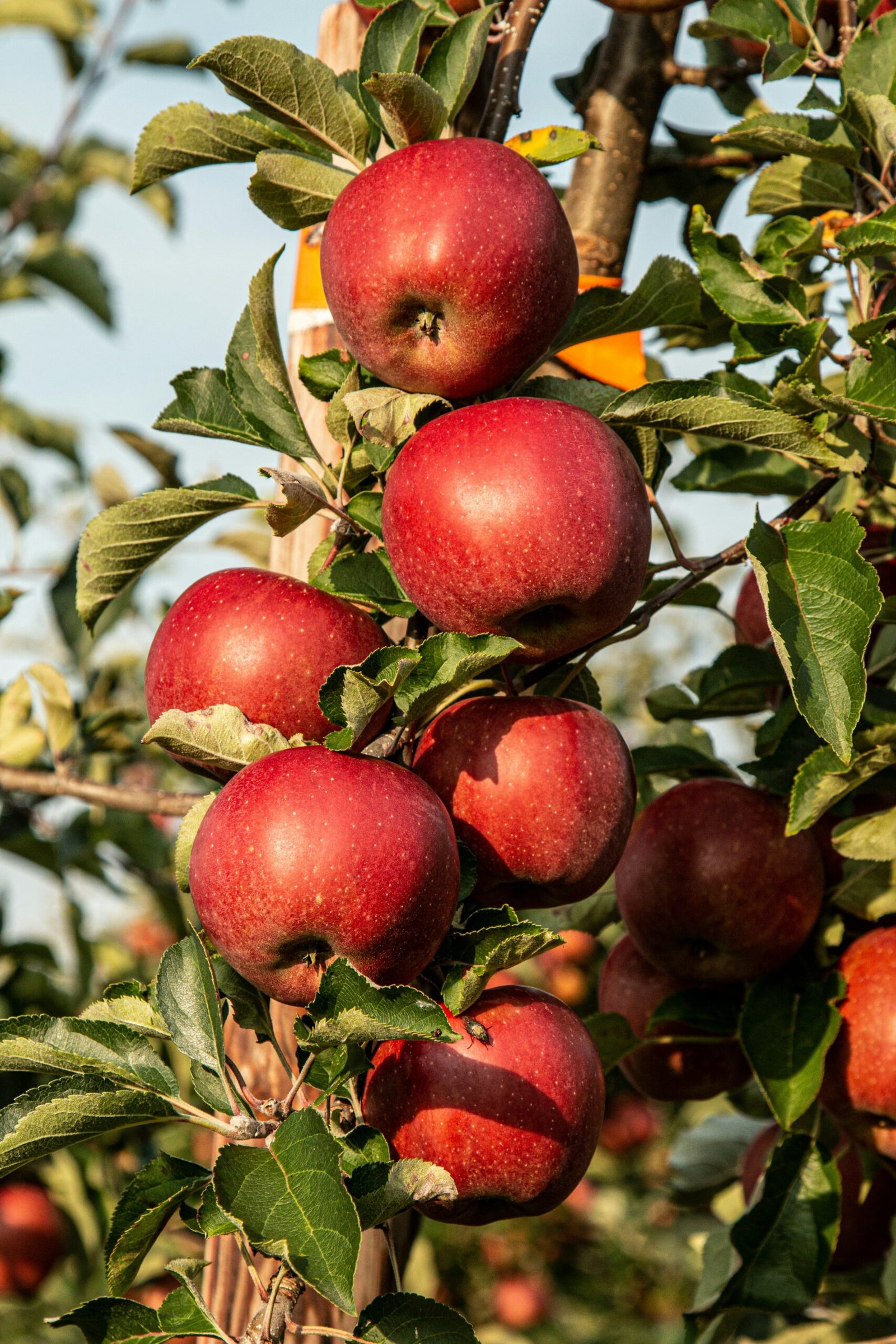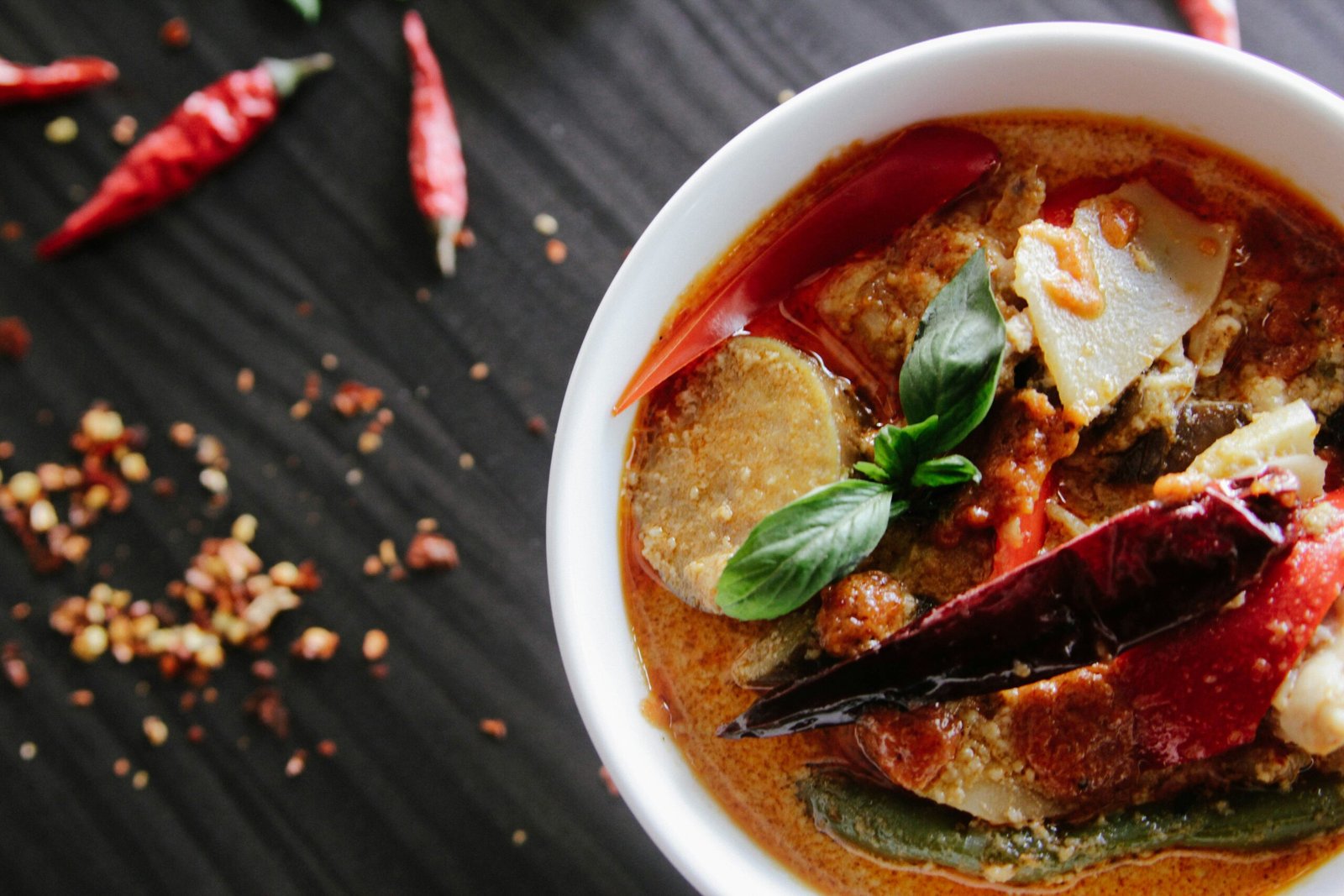Introduction
Food-borne illnesses are a significant concern worldwide, and the United States is no exception. With an estimated 76 million cases and 5,000 associated deaths each year, it is crucial to take the necessary precautions to avoid food poisoning. By following some simple guidelines, you can minimize the risk of falling victim to food-borne illnesses and ensure your well-being.
Understanding Food-borne Illnesses
Food-borne illnesses, also known as food poisoning, occur when you consume contaminated food or beverages. These illnesses are caused by various bacteria, viruses, parasites, or toxins present in the contaminated food. The symptoms of food poisoning can range from mild discomfort to severe illness, depending on the specific pathogen involved.
Preventing Food-borne Illnesses
Taking simple precautions can significantly reduce your risk of food poisoning. Here are some essential steps you can take to ensure the safety of the food you consume:
1. Practice Proper Food Handling and Storage
Proper food handling and storage are crucial to prevent the growth of harmful bacteria. Always wash your hands thoroughly with soap and water before handling food. Use separate cutting boards for raw meat, poultry, and seafood to avoid cross-contamination. Cook foods to their recommended internal temperatures and refrigerate perishable items promptly.
2. Wash Fruits and Vegetables
Fruits and vegetables can also harbor harmful bacteria, so it’s important to wash them thoroughly before consumption. Rinse them under running water and gently scrub with a brush to remove any dirt or bacteria present on the surface.
3. Be Mindful of Cross-Contamination
Cross-contamination occurs when bacteria from one food item spread to another. To prevent this, keep raw meats, poultry, and seafood separate from ready-to-eat foods. Use different utensils and cutting boards for raw and cooked foods. Additionally, ensure that surfaces and utensils are properly cleaned and sanitized after each use.
4. Choose Safe Sources of Food
When purchasing food, choose reputable sources that prioritize food safety. Check for proper storage and handling practices at grocery stores, restaurants, and food vendors. Avoid buying expired or damaged products, and opt for fresh and high-quality ingredients.
5. Be Cautious with Raw and Undercooked Foods
Raw and undercooked foods, such as eggs, meat, and seafood, can be particularly risky. Make sure these foods are cooked thoroughly to kill any potential bacteria or parasites. Avoid consuming raw or lightly cooked eggs, as they may contain Salmonella.
6. Pay Attention to Food Recalls
Stay informed about food recalls and take immediate action if you have purchased or consumed a recalled product. Food recalls are issued when there is a risk of contamination or other safety concerns. Check the FDA website or subscribe to recall alerts to stay updated.
7. Practice Safe Food Handling During Travel
When traveling, it’s essential to maintain safe food handling practices. Avoid consuming street food or food from questionable sources. Ensure that the food you consume is properly cooked and served at the appropriate temperature. Carry hand sanitizers or wet wipes to clean your hands when soap and water are not readily available.
Conclusion
Food poisoning is a serious health concern, but by following these simple precautions, you can significantly reduce your risk. Proper food handling, storage, and cooking techniques, along with being mindful of cross-contamination, can go a long way in ensuring the safety of the food you consume. Stay informed, practice good hygiene, and choose safe sources of food to protect yourself and your loved ones from food-borne illnesses. Remember, prevention is key when it comes to food poisoning.







